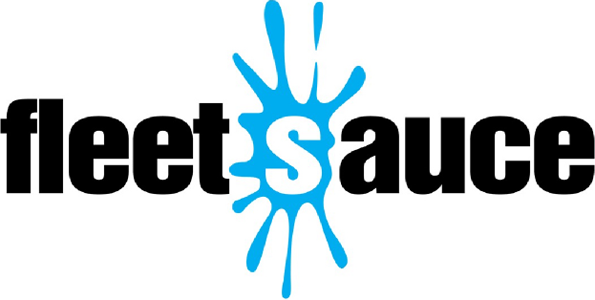
Changes Coming in April 2026 for Taxation on BIK and P11D: What Employers Need to Know

(Posted on 06/11/24)
HMRC has announced that starting from April 2026, there will be changes in the way income tax and Class 1A National Insurance on benefits-in-kind (BIK) are reported and paid. These changes will affect both employees and employers, altering the process of reporting and taxation for BIK.
Companies should now start preparing how company cars and expenses will be reported.
What is BIK?
Benefit-in-Kind (BIK) is a tax applied to employees who receive additional benefits beyond their regular salary, such as a company car for personal use. When an employee is provided with a company car for personal use, they are required to pay BIK tax on this benefit.
The amount of BIK tax is determined by factors such as the employee's tax bracket, the vehicle's emissions, and the car's P11D value.
What These Changes Mean for Employers
This is going to be a big change for the employer. By April 2026, the requirement to report on P11D forms will be eliminated. Employers now will have to ensure that the payroll software is equipped to integrate benefits directly into the process. Now, employers will need to use HMRC-approved PAYE payroll-approved software capable of payrolling benefits, so a proactive approach from employers will need to update their systems to accommodate these changes coming into place.
The Government aims to eliminate the need for P11D forms by transitioning towards real-time reporting of benefits through payroll. This shift is designed to streamline the process, making it more efficient and transparent. Real-time reporting reduces the risk of errors associated with annual reporting, resulting in more accurate calculations for tax and National Insurance Contributions (NICs).
Do you Have a Salary Sacrifice Scheme?
For employers managing a salary sacrifice scheme, ensuring compliance will be essential as new processes come into place. Reporting car benefits directly through payroll is expected to streamline the way benefits are reported to HMRC. This approach aims to simplify administrative tasks and reduce the risk of errors, ultimately helping to reflect benefits more accurately in tax and National Insurance calculations.
Historically, there has been uncertainty about whether employers should use a manual P46/P11D process to update HMRC about benefits or handle benefits through payroll. This decision impacts the amount of tax paid and the take-home pay for employees. The current P46 process can sometimes lead to delays in setting up the Benefit in Kind process with HMRC which leads to tax is not deducted in the correct month.
Employers should consider reviewing their entire benefits package and clarifying key aspects of their process. It’s important to identify which employees are eligible, establish an annual renewal date, and specify whether employees can make changes at any time or only during designated periods. Aligning these windows with the holiday or tax year can also improve consistency and planning.
It's crucial to inform employees about these changes to the P11D process, especially regarding how their take-home pay might be affected. Clear communication is key to avoiding potential misunderstandings that could lead to dissatisfaction if employees perceive these changes negatively.
 Expert Advice
Expert Advice  Competitive Prices
Competitive Prices Road Tax & Roadside Assistance
Road Tax & Roadside Assistance Free National Delivery
Free National Delivery Full Manufacturer’s Warranty
Full Manufacturer’s Warranty





